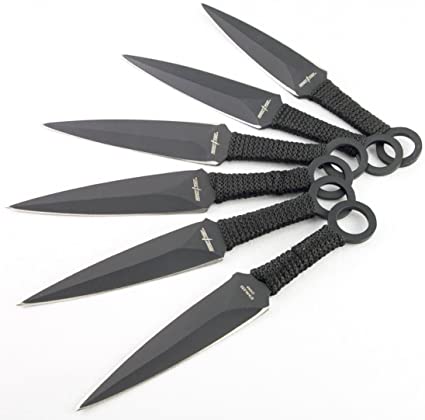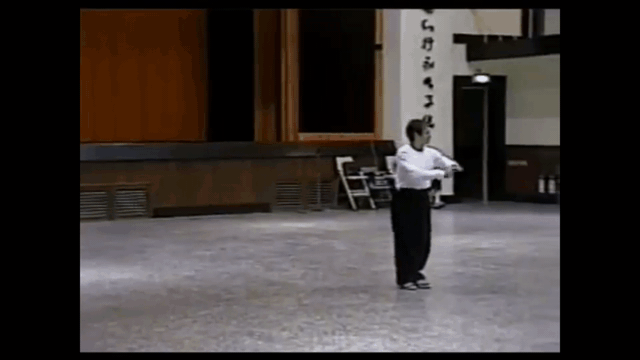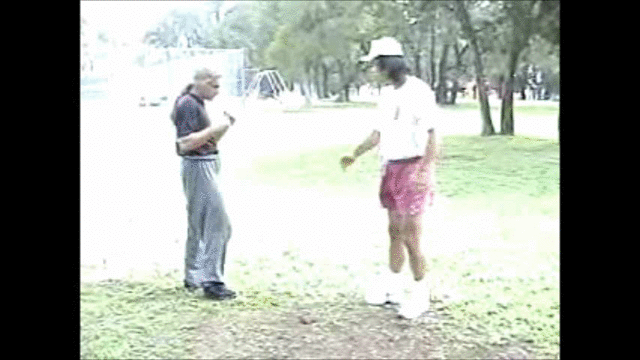I’ve taken a bit of the approach you posit. I don’t teach any of the traditional approaches (except where a student needs a slower approach) until a foundation curriculum has been covered. This takes a few weeks (usually less than 3 months), and could be held longer.
Ive seen forms taught as nearly the first thing for a student. Either little or no foundation training was done first, even fundamental techniques like a basic punch was left untaught until it was encountered in the form. And then the form becomes the entire practice. Foundation and fundamentals are never developed, technique is never drilled, application is never worked on even if application is shown on occasion as a way of giving context for the movement in the form. Form is simply done. I have received some instruction in this way as well. It never made sense to me.
I think traditionally it was never done that way. I don’t know when and how some schools started doing this.
When fundamentals are strongly developed, then quality is raised up for all aspects of training. Training forms becomes more effective, training on the heavy bag becomes more effective, partner drills become more effective, sparring in whatever manifestation it is done becomes more effective. If the fundamentals are not developed, then all of those other aspects of training become less effective and move closer to just movement without purpose. It’s funny how when more time is spent on one aspect of training, fundamentals, then everything is elevated and the benefits of all other aspects of training real greater results. And it’s a smarter use of time.
Let’s say you practice for an hour and you are unsatisfied with your progress. You practice a little bit of fundamentals, a little bit of forms, a little bit of heavy bag, a little bit of partner drills, and a little bit of sparring. And it doesn’t seem to be adding up.
So you decide you need more training, and you double or even triple the time spent on each section. So now you train two or even three hours and while you may see greater progress, it becomes difficult to dedicate so much of your time to regular training.
What is the solution? Focus on the fundamentals. Really dig into it and be mindful of it and spend more of the training time on it. Now maybe you’ve added 15 minute or a half hour to your training session, instead of adding one or two hours. But the quality of that time is higher. You don’t need to pile on more time with the other things. If the fundamentals are improved, and that mindfulness is applied to all the other aspects, then they will all improve. You can improve your overall quality without dramatically increasing your time, if you focus your efforts properly.
If I spend little time on my fundamentals, and spend two hours practicing all my forms five times each, I end up exhausted and with poor quality. But if I spend an hour on my fundamentals and then spend a half hour doing all my forms once, the quality of all of it is higher and I’ve saved a half hour.




